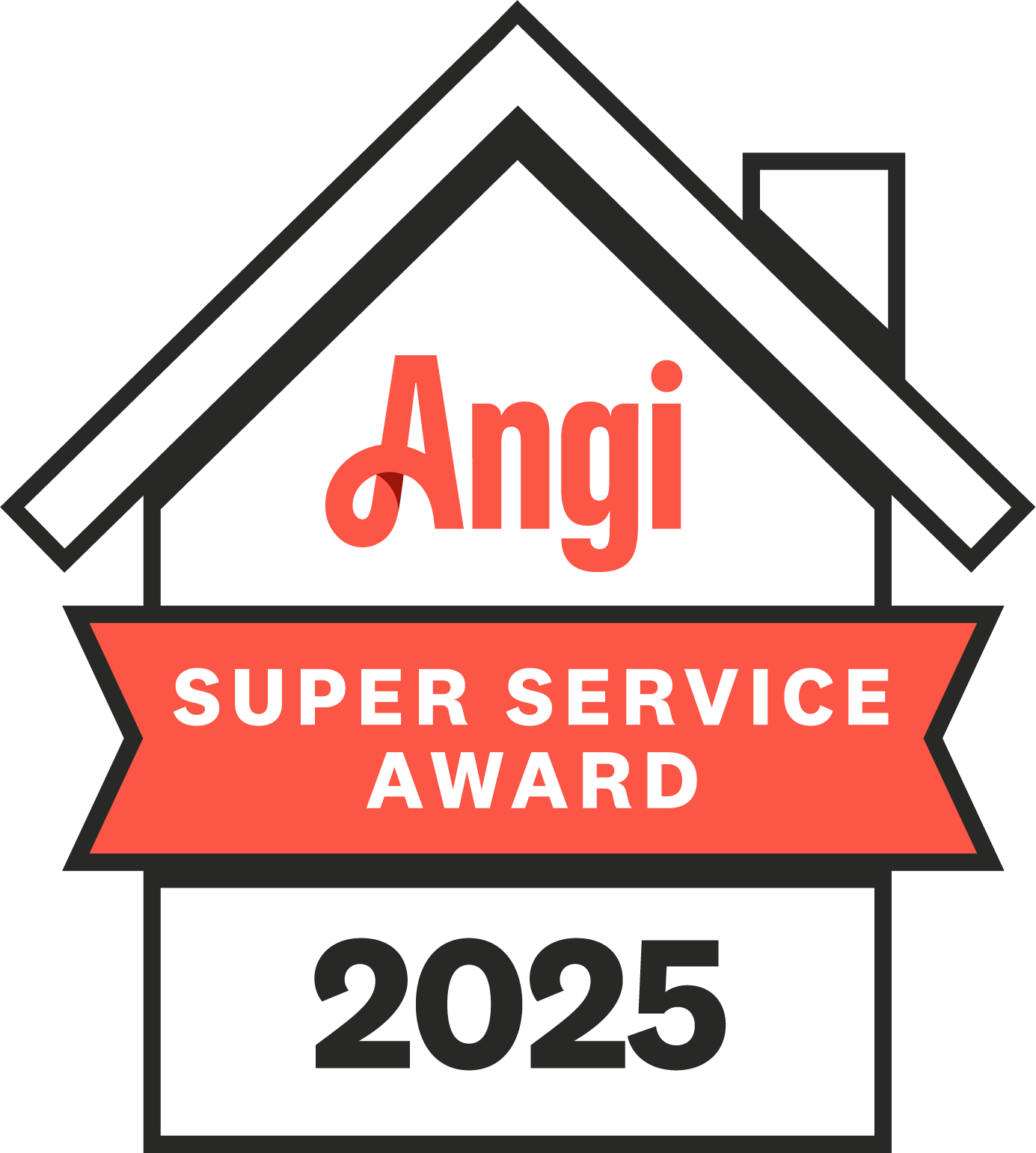When a plumbing disaster hits – whether it’s a burst pipe, a sewage backup, or a flooded bathroom – every minute counts. Choosing the right emergency plumbing service often means preventing more damage, avoiding unnecessary costs, and restoring safety to your home. One of the most effective ways to make a quick, confident decision is to focus on preparedness – knowing in advance which plumber you’ll call before the crisis ever happens. This simple step often saves homeowners from hours of stress and thousands in repair bills. Let’s break down what truly matters when selecting an emergency plumber, the risks of making the wrong choice, and how you can protect your home before trouble strikes.
What Counts as a Plumbing Emergency
A plumbing emergency is any situation that poses an immediate risk to your property, safety, or health. Common examples include:
- Burst pipes that release water uncontrollably.
- Sewage backups that introduce harmful waste into your living space.
- Major leaks that damage walls, floors, and electrical systems.
- Gas line problems that threaten fire or explosion hazards.
These situations require urgent professional attention. Waiting can turn a manageable repair into a large-scale, costly restoration project.
Why Immediate Action Matters
Water damage spreads quickly. Within minutes, flooring can warp, drywall can soak through, and mold can begin forming in as little as 24 hours. The faster a plumber arrives, the more you limit:
- Repair costs.
- Long-term damage to your home.
- Safety hazards from water and electrical exposure.
Quick action not only protects your property—it also protects your health.
Preparing Before a Plumbing Crisis Happens
The best time to choose an emergency plumber is before you need one. Researching ahead of time allows you to:
- Compare multiple service providers without pressure.
- Verify licenses and insurance.
- Check reviews and service areas.
- Understanding pricing before a crisis improves your decision-making.
Having a go-to contact ready means you can skip the panic and make a confident phone call when disaster strikes.
Availability and Fast Response Times
A plumber’s schedule should match the urgency of your situation. Look for services that:
- Operate 24/7, including weekends and holidays.
- Have a proven history of arriving promptly after a call.
- Offer clear timelines for arrival.
Many reputable plumbers also have GPS-dispatched trucks so they can reach you as quickly as possible.
The Value of Experience and Expertise
When pipes are bursting or sewage is backing up, you need someone who has seen it all. An experienced plumber can:
- Diagnose problems faster.
- Choose the most efficient repair methods.
- Avoid trial-and-error fixes that waste time and money.
Experience also means they’re familiar with older plumbing systems, local water pressure patterns, and common regional issues.
Licensing, Insurance, and Legal Protections
A licensed plumber has met the state’s training and skill requirements, ensuring they follow safety codes. Insurance is equally important—it protects you in case of accidental damage during repairs. Always verify:
- State license number.
- Proof of liability insurance.
- Worker’s compensation coverage for employees.
Understanding Emergency Plumbing Costs
Emergency services often come at a higher rate due to after-hours calls, immediate response needs, and specialized equipment. To avoid surprises:
- Ask about flat-rate vs. hourly pricing.
- Request an estimate before work begins.
- Confirm what’s included in the quoted price (labor, materials, travel fees).
Remember—choosing the cheapest option can sometimes cost more if the repair fails and causes more damage later.
Reputation, Reviews, and Word of Mouth
A plumber’s reputation is one of the strongest indicators of quality. Check:
- Google reviews for patterns in feedback.
- Local community forums and homeowner groups.
- How the company responds to negative reviews—professional replies signal accountability.
Consistently high ratings from real customers show they deliver reliable results.
Additional Services That Can Save You Money Later
Some emergency plumbers offer extra services like:
- Preventive maintenance programs.
- Annual plumbing inspections.
- Discounts on future non-emergency work.
These extras can extend the life of your plumbing system and reduce your risk of future emergencies.
The Real Risks of DIY Fixes During Emergencies
Attempting to repair a plumbing emergency without training can:
- Worsen the problem and increase repair costs.
- Cause injury from high water pressure or gas leaks.
- Create code violations that affect insurance claims.
Unless you have professional tools and experience, the safest choice is to call an expert immediately.
Steps to Reduce Your Risk of Plumbing Emergencies
Proactive maintenance goes a long way. Homeowners can prevent many emergencies by:
- Inspecting pipes and fixtures for leaks.
- Flushing water heaters annually.
- Cleaning drains regularly.
- Learning how to shut off the main water supply.
A small amount of upkeep now can save thousands later.
Questions to Ask Before Hiring an Emergency Plumber
When you call for emergency service, ask:
- How soon can you get here?
- Are you licensed and insured?
- Can you provide an estimate before starting work?
- Do you warranty your repairs?
- What payment methods do you accept?
These questions ensure you hire someone qualified and trustworthy.
Final Thoughts on Choosing the Right Service
In an emergency, speed matters—but so does quality. The best plumber will combine fast response, proven skill, and fair pricing. By preparing ahead of time, checking credentials, and knowing what to expect, you’ll make the right choice when it matters most.

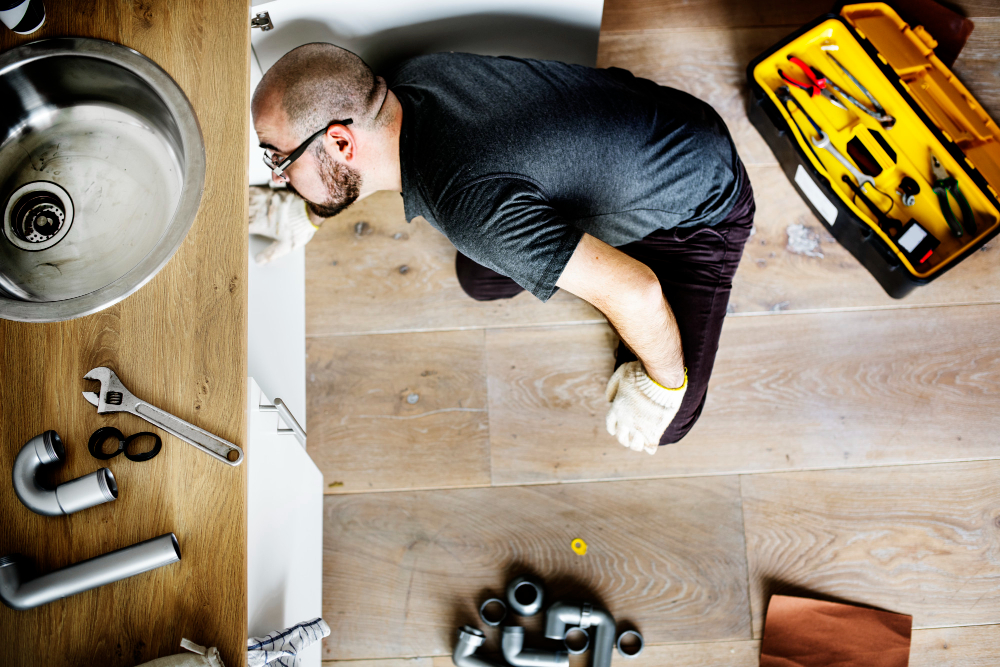



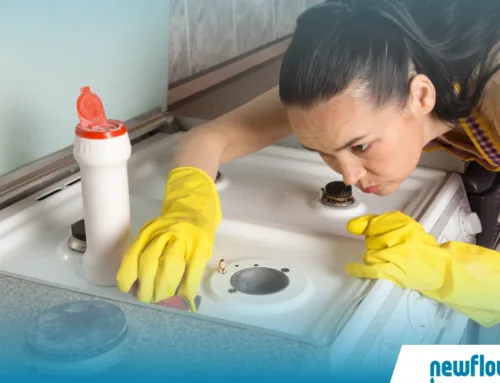
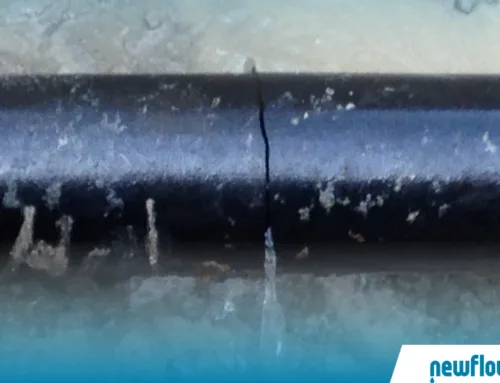
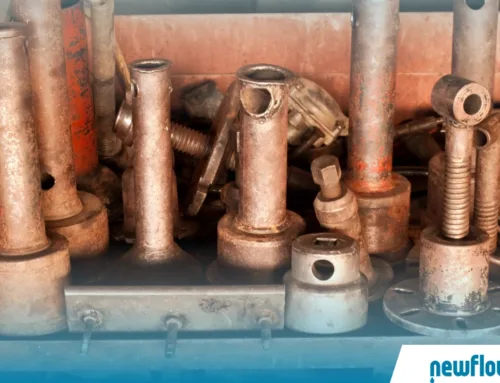
![How Much Does a Plumber Cost in Sacramento? [Pricing Guide]](https://plumbersacramento247.com/wp-content/uploads/2025/08/How-Much-Does-a-Plumber-Cost-in-Sacramento-1-500x383.jpg)


